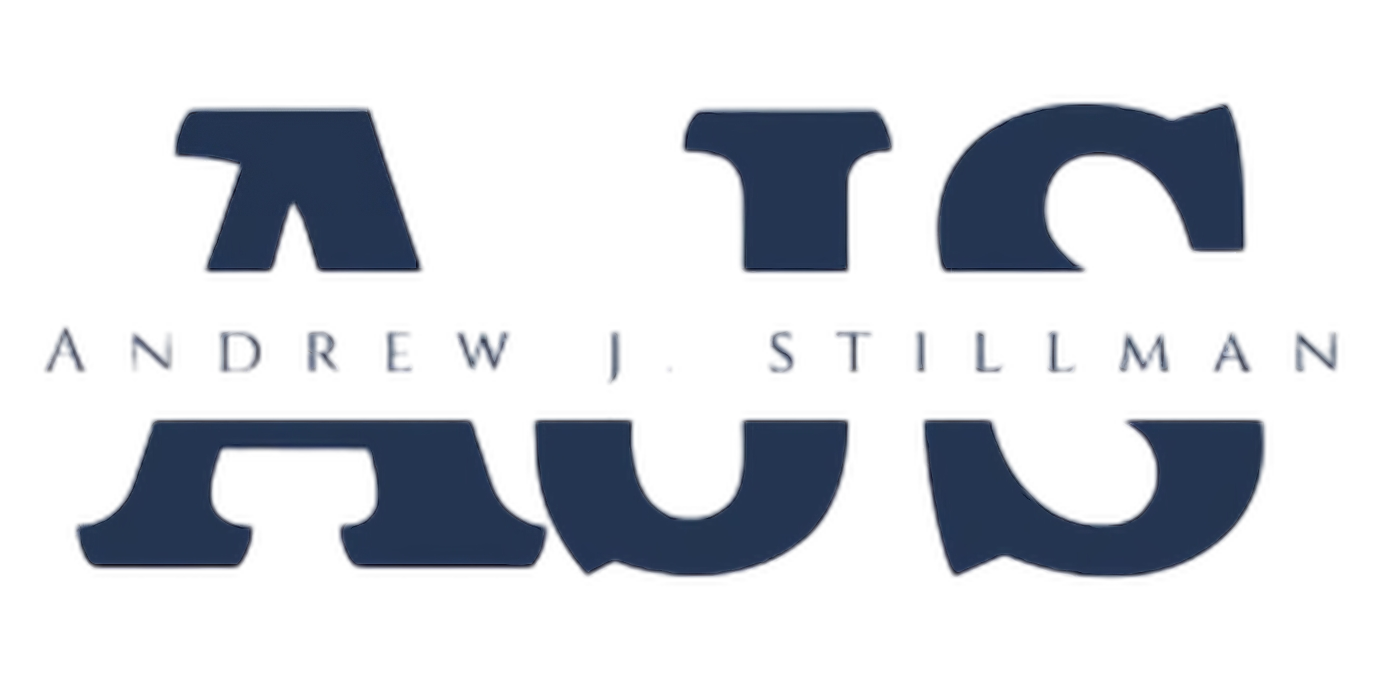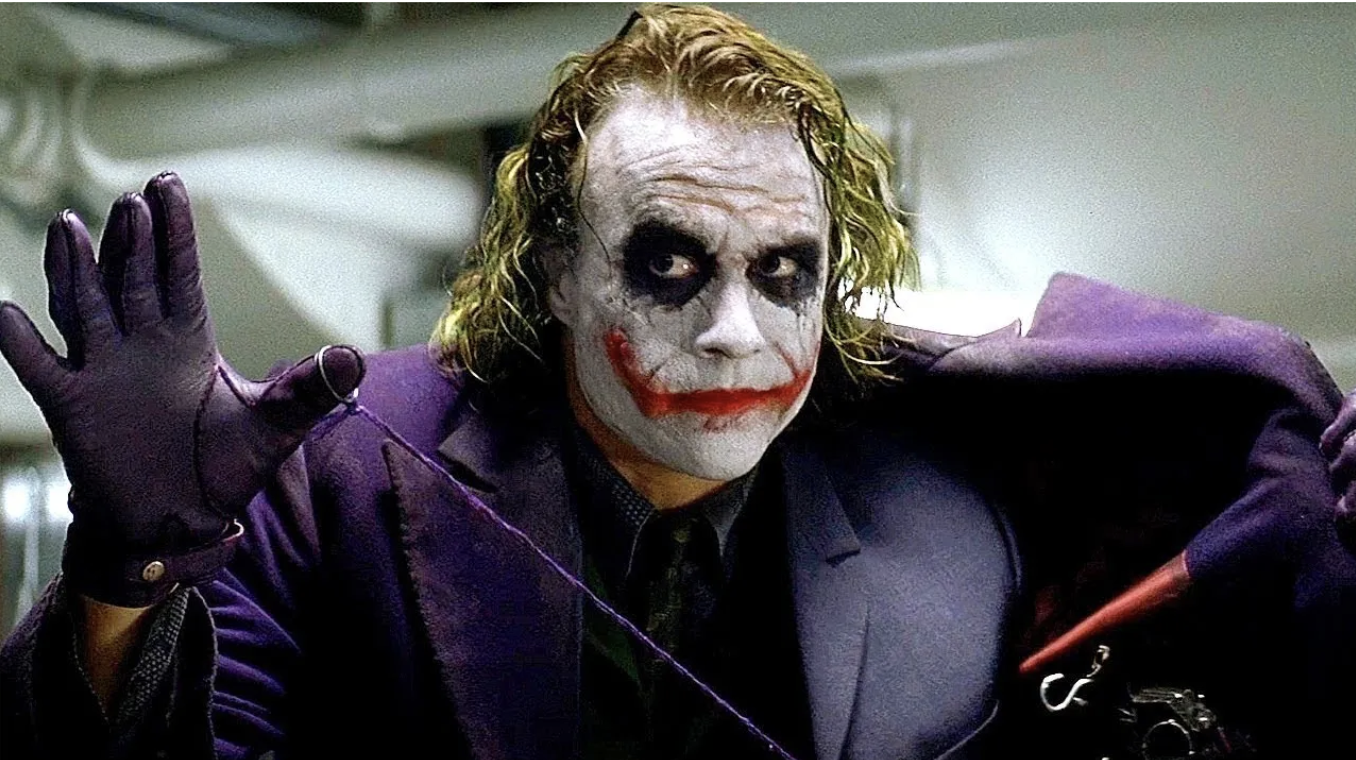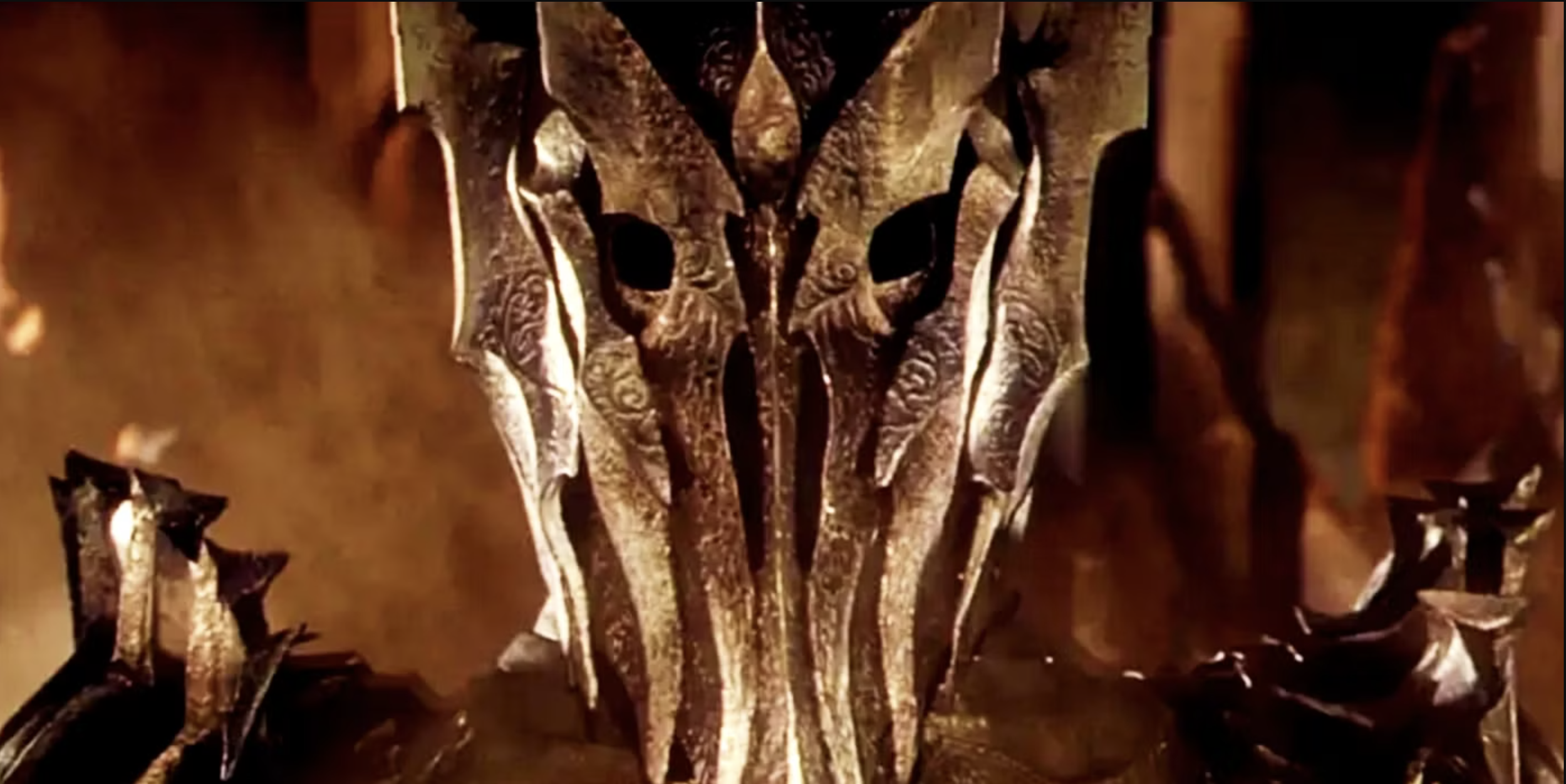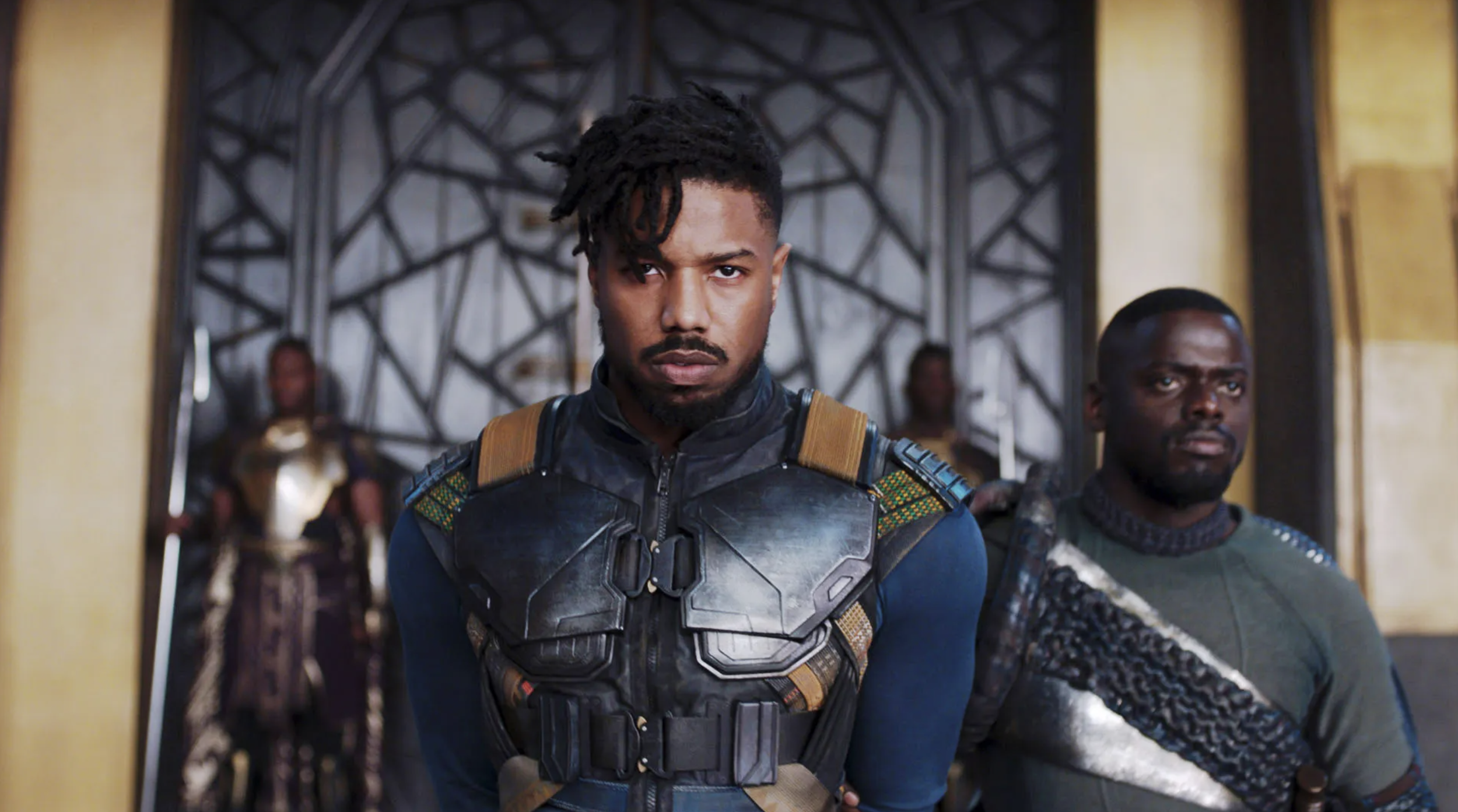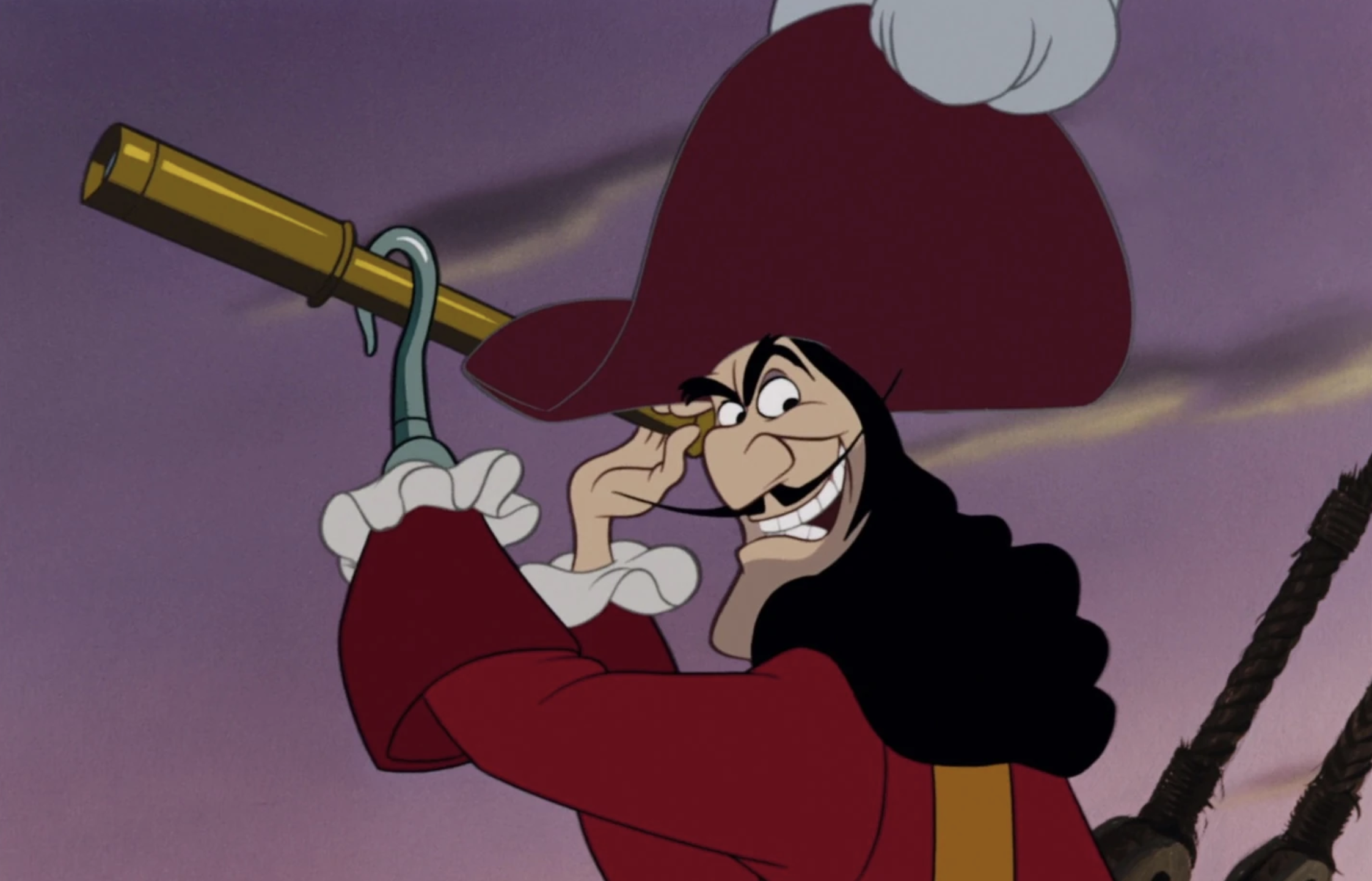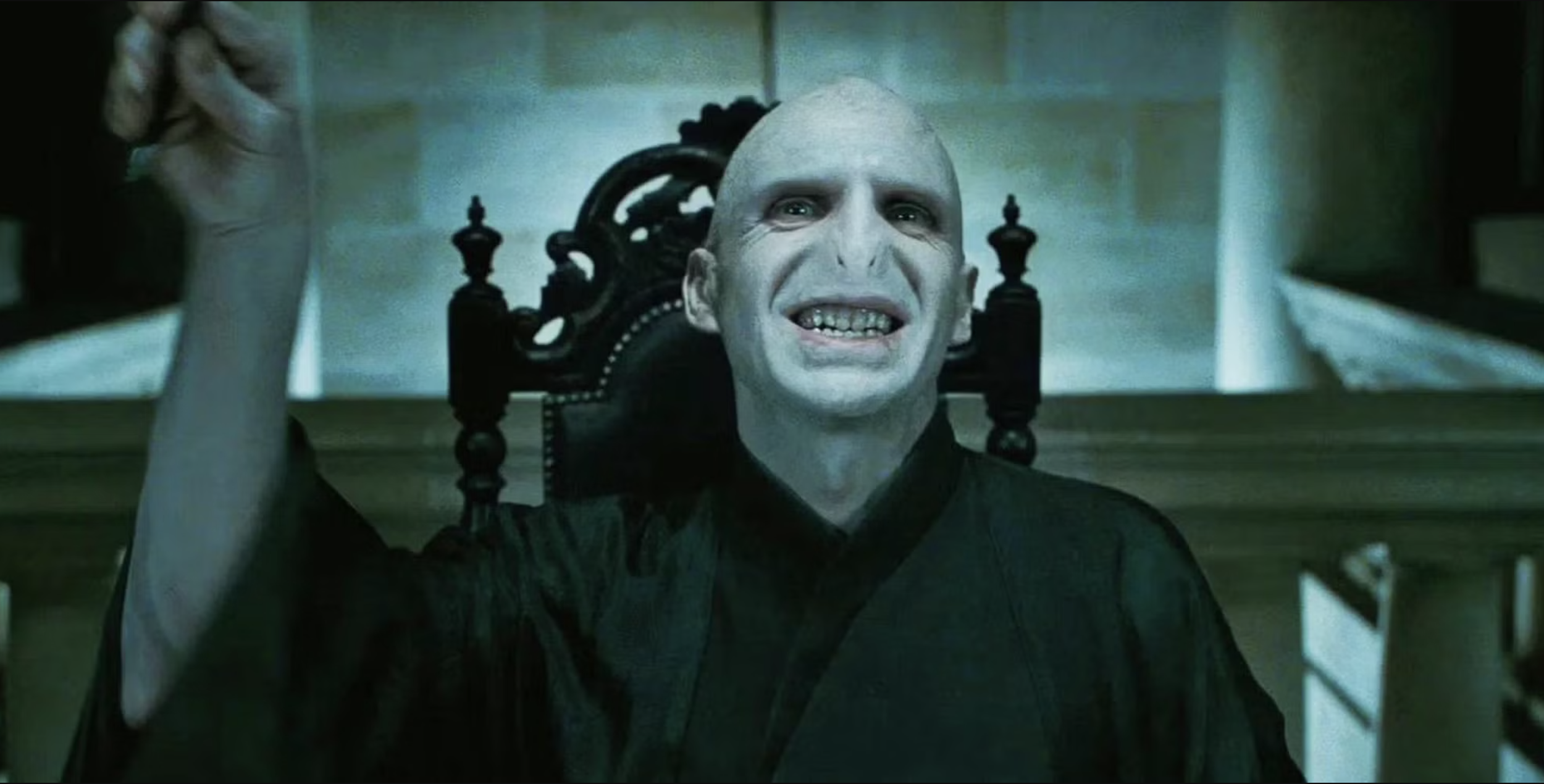
The Power of a Great Villain: Why Every Story Needs a Strong Antagonist
Even though they’re usually set up to be the bad guy, a great villain can be just as important—if not more so—than the hero who leads the story.
Yes, heroes inspire and guide us, and the purpose of the villains are usually to challenge the hero’s journey, create conflict, and force the protagonist to rise to new levels of greatness. Without them, stories would be bland and boring, and a well-crafted villain is the cornerstone of a compelling narrative, raising the stakes, driving the plot, and elevating the entire story.
But what exactly makes a great villain, and why are they so vital to storytelling? Let’s get write on in to some reasons why every story needs a strong antagonist and how the presence of a powerful villain can turn a good story into an unforgettable one.
Villains Drive the Plot Forward
Heath Ledger as the Joker in The Dark Knight (Photo: Warner Bros. Pictures)
At its core, the primary function of a villain is to create conflict. Think about it— without a strong antagonist, what tension or struggle is there for the hero to overcome?
None, which can lead to a flat, unengaging story. Villains serve as the catalyst that forces the protagonist into action. They drive the plot forward through their schemes, opposition, or sometimes just their existence.
For example, what would Batman be like without the Joker pushing him to his limits and constantly forcing him to make impossible choices and question his own moral code? In instances like The Dark Knight film, the Joker’s unpredictable nature creates a constant sense of danger, compelling Batman—and the audience—to stay engaged at every turn.
Villains give stories purposeful direction. Their goals often stand in direct opposition to the hero’s, creating a natural tension that propels the narrative. In Harry Potter, Voldemort’s quest for immortality and power serves as the driving force behind Harry’s mission to stop him. Without Voldemort’s looming threat, Harry’s journey would feel far less urgent or significant. By challenging the hero and opposing their every move, a villain injects the story with momentum and meaning.
They Make the Hero Stronger
Sauron in The Lord of the Rings: The Fellowship of the Ring (Photo: New Line Cinema)
A hero is only as strong as the villain they’re up against. One of the key reasons villains are so important is because they force the hero to grow and evolve. The more formidable the villain, the more the hero must push their limits, test their resolve, and find new strengths they didn’t know they had.
Take The Lord Ruler from Mistborn: The Final Empire by Brandon Sanderson, who presents relentless challenges against Vin and Kelsier. They’re frequently forced to confront their fears, doubts, and the oppressive nature of their society because of him. Their fight against him is not just about toppling an empire, but rather an ideological battle against despair and tyranny, making their eventual victory feel earned and impactful.
By presenting challenges that the hero must struggle to overcome, villains create opportunities for character growth.
Heroes often start their journey inexperienced, uncertain, or even fearful, but through their encounters with the villain, they grow stronger, wiser, and more confident.
What was Frodo Baggins like before he faced Sauron’s overwhelming darkness in Lord of the Rings? How much more resolve did Katniss Everdeen learn due to her steady streams of battles and manipulations from President Snow in The Hunger Games?
The villain’s actions shape the hero’s journey toward maturity and strength, which helps drive the narrative.
Villains Add Depth to the Story’s Themes
Michael B. Jordan as Killmonger in Black Panther (Photo: Marvel Studios/Disney)
A well-crafted villain does more than just oppose the hero—they also serve as a mirror or contrast to the protagonist and often embody the darker side of the story’s themes. This thematic depth helps elevate the narrative, which gives readers or viewers more to think about than just a battle of good versus evil.
In Black Panther, Killmonger is a powerful example of a villain whose motivations are rooted in a deep sense of injustice and pain. He believes in the liberation of oppressed people around the world and is willing to use violence to achieve that goal. While his methods are extreme, his ideology forces both the hero, T’Challa, and the audience to consider the complexities of power, privilege, and responsibility. Killmonger’s worldview challenges T’Challa’s more conservative approach, pushing him to rethink his role as a leader and protector of Wakanda. The result explores deep societal and personal issues, all made possible by a villain with compelling motivations.
Villains like Killmonger help explore moral ambiguity, which adds complexity to the story by presenting viewpoints that, while flawed or extreme, aren’t entirely unjustified. These kinds of villains force the hero to reflect on their own beliefs, making the narrative richer and more nuanced.
Memorability and Iconic Presence
Captain Hook in Peter Pan (Photo: Disney)
When we think of unforgettable stories, many of the first characters that come to mind are the villains. Villains have a way of leaving a lasting impression on audiences because they often possess larger-than-life personalities, distinctive visual appearances, or memorable quirks. Whether it’s their sharp intellect, charisma, or terrifying unpredictability, great villains have a presence that dominates the screen or page.
Take Captain Hook from Peter Pan—his blend of refined, almost gentlemanly behavior combined with his deep-seated vendetta against Peter makes him one of the most memorable villains out there. Despite his outward charisma and wit, Hook's obsessive nature and underlying cruelty create a constant sense of tension. His schemes, taunting remarks, and relentless pursuit of revenge add layers to his character, making him not just a simple antagonist but a complex figure who elevates the stakes of the story. Every encounter with Hook becomes a thrilling duel of wits and courage, ensuring he remains unforgettable in our minds.
Villains often embody the most dramatic and extreme emotions in a story—whether it’s rage, greed, ambition, or madness. These emotions create tension, excitement, and intensity, leaving a powerful impression on the audience that often overshadows the hero’s calmer, more controlled presence.
The Villain as the Heart of Conflict
Ralph Fiennes as Lord Voldemort in Harry Potter and the Deathly Hallows (Photo: Warner Bros. Pictures)
At the heart of every great story is conflict, and at the heart of that conflict is a great villain. Whether they’re a mastermind pulling the strings from behind the scenes, or a force of nature wreaking havoc in pursuit of their goals, villains are essential to creating tension, emotional stakes, and dramatic evolution in the story. They don’t just challenge the hero—they often define the hero’s journey, shaping their growth and bringing the central themes of the story into focus.
A strong villain isn’t just an antagonist; they’re the reason the story happens. They give meaning to the hero’s struggle, push the narrative forward, and, most importantly, make the story unforgettable. So, when crafting your next tale, don’t overlook the power of a great villain. After all, they may be the one readers remember long after the final page.
